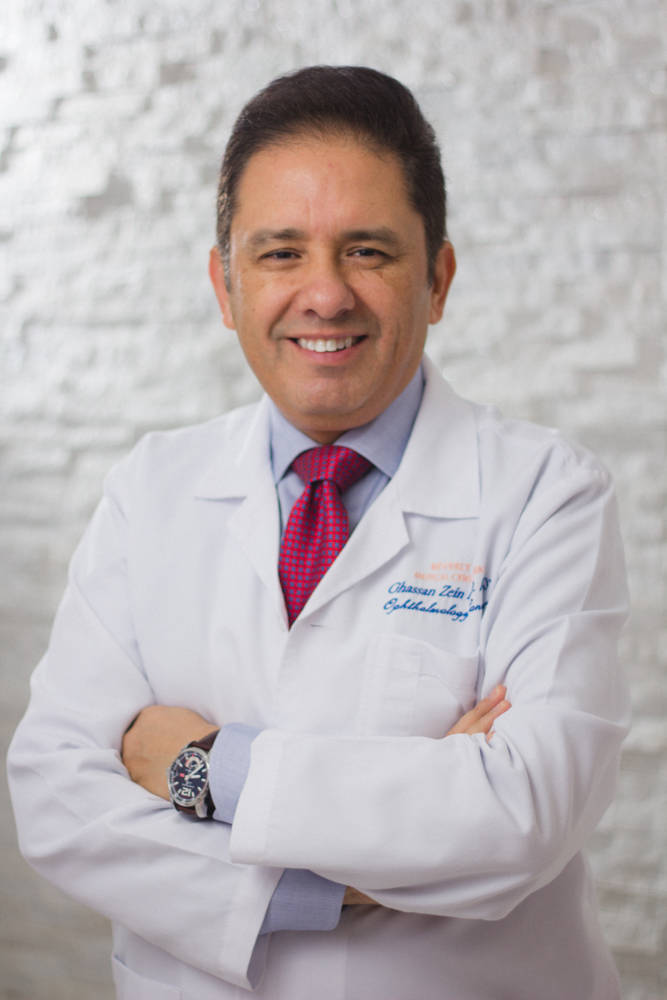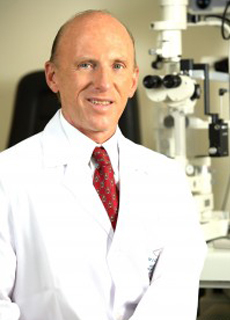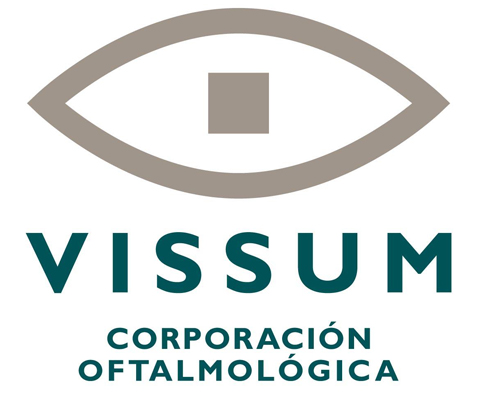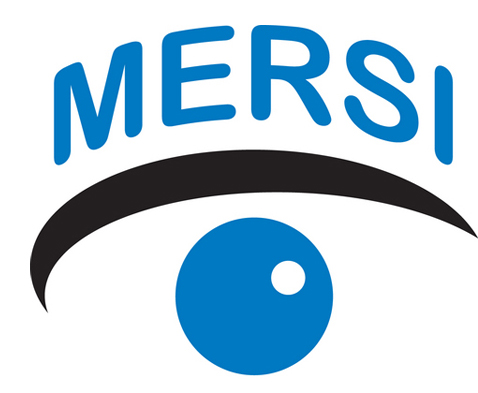REQUEST AN APPOINTMENT
TESTIMONIALS
Pediatric Ophthalmology
At the Beverly Hills Medical Center of Kuwait, we pride ourselves on our easy-to-access and unique location. At the center, which is attached to the renowned Symphony Style Hotel Kuwait, we have doctors fly in from all over the world, including chiefs of different established departments, professors from top schools and programs around the world, and Harvard-trained experts. Our pristine practice, which takes up two entire floors of the Symphony Style Hotel Kuwait building, offers VIP doctors, outstanding patient service, and the absolute latest technology. As a result, our center has attracted patients from around the world, and there is nothing else like it in the entire gulf.
At BHMC, we have some of the best pediatric ophthalmologists in the industry, and we have attracted patients from around the world as a result of it. Pediatric ophthalmology, which is a subs-specialty of ophthalmology, is concerned with eye diseases, visual development, and vision care in children.
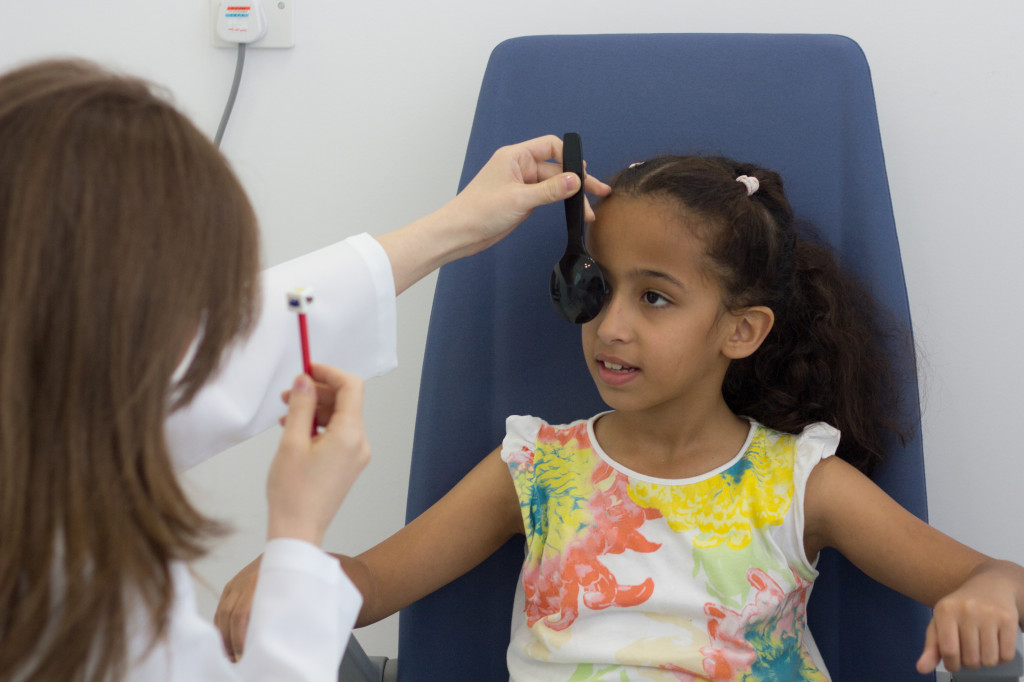
Children & Vision
Some children need glasses because they are genetically nearsighted, while others need it because they are farsighted or astigmatic. While these conditions generally do not go away or worsen if left untreated, people with refractive errors should use eyeglasses or contacts if they want good vision.
Nearsightedness, which is when distant objects appear blurry, typically begins between the ages of 8 and 15, but can also start earlier. It is, moreover, common that we see increases in nearsightedness following growth spurts in children.
Mild farsightedness is actually normal in young children, but children who are too farsighted may experience blurred vision or crossing of the eyes when looking at things closely. With farsightedness, a person has to focus their eyes to see far away, and focus them even more to see up close. As long as a person is able to do the amount of focusing needed, he/she does not need glasses. However, if the person is unable to focus as much as they need to, or if the person’s eyes cross when focusing, then glasses are required.
Children who need glasses may develop a second problem, which is called amblyopia. That is a medical term for a person who is unable to see 20/20 even with glasses on. Even with the right prescription, one eye, or sometimes both, does not see normally. Amblyopia is more likely to occur if the prescription needed to correct one eye is stronger than the other, or if the prescription in both eyes is very strong. Amblyopia can also occur if one eye is crossing or drifting.
Children who do not see well with one eye because of amblyopia, or because of any other medical problem that cannot be corrected, should wear safety glasses to protect the normal eye.
Your Child & Contact Lenses
The contact lens can actually serve as a wonderful tool to build self esteem and responsibility in a child or teenager. It provides a changeable and safe mode of optical correction for the pediatric patient, and can, with care, caution, and medical supervision, lead to a lifelong enjoyment of clear vision without the use of glasses.
Eye Problems in Children
Children experience a variety of eye problems, and many are quite distinct from adult eye diseases. Pediatric ophthalmologists are specially trained to manage the following disorders:
- Infections
- Strabismus
- Amblyopia
- Blocked tear ducts
- Ptosis
- Visual inattention
- Pediatric cataracts
- Pediatric glaucoma
- Abnormal vision development
- Genetic disorders
- Congenital malformations
- Orbital tumors
- Accommodative insufficiency
- Asthenopia
Children’s Eye Safety
While eye related accidents can happen to anyone, know that more than 90% of all eye injuries can be prevented with appropriate supervision and protective eyewear. Simply using goggles and face protection can, for example, prevent injuries in sports like baseball, basketball, and hockey.
Children with vision loss in one eye should wear polycarbonate safety glasses at all times, as well as safety goggles for sports and other dangerous activities.
Appropriate adult supervision is an essential part of preventing eye injuries. Children should never be allowed to play with fireworks, sharp and fast-moving objects such as darts and pencils, or be left unsupervised in the presence of chemicals such as toilet cleaners and drain openers.
Minor injuries, such as a scratch on the cornea, can be treated in the office. More serious injuries, however, such as blood inside the eye (hyphema), a laceration (cut) of the eye, or rupture of the eye, may require surgery or hospitalization.
Schedule an Appointment Today
At BHMC, we have some of the best pediatric ophthalmologists in the world, ready to help you and your child. If you would like to know more about our pediatric ophthalmology services, schedule a consultation by calling +(965)-222-89999 today!
Next, read on to learn about strabismus surgery.
